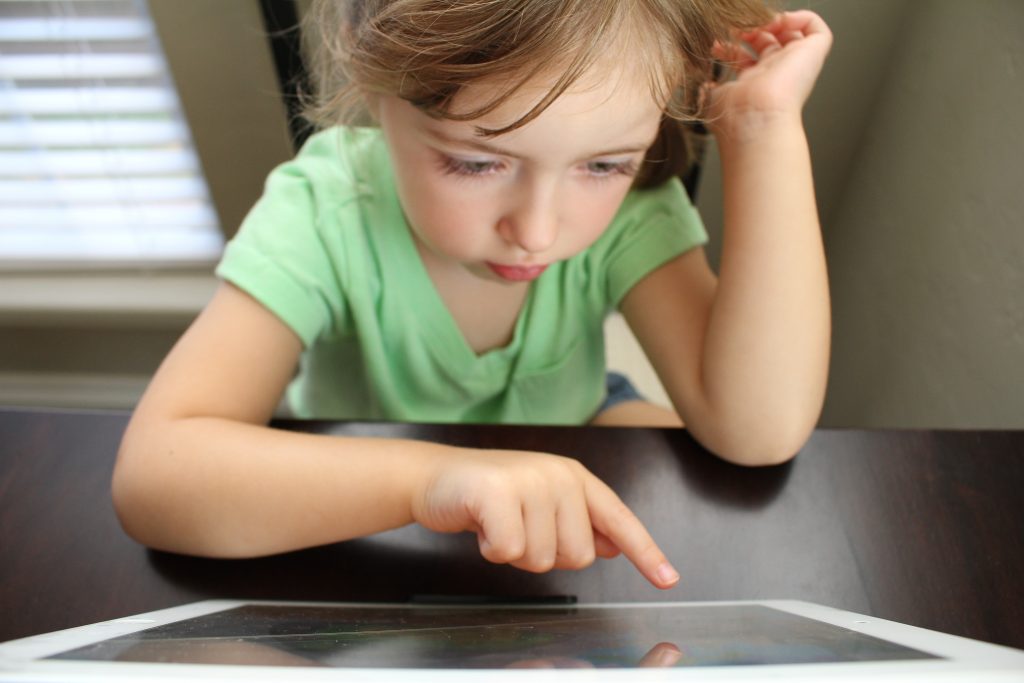
Parents, I know this is not easy. I spend a lot of my time working with parents – and now all of that work is happening from home while my 3 kids are all home. Consulting with parents often involves talking, offering suggestions, problem solving, hearing their struggles, teaching and training. I love what I do, it’s not an easy job, but when I leave my office, put on my mommy hat and enter the world of parenting during a pandemic, it’s even harder. I recently had a moment when I was in a session with a parent, offering some behavior strategies while at the same time I could hear my 3 kids yelling at each other at full volume on the floor right above me (thank God for a noise-cancelling headset). The sibling fighting in our house has been through the roof. In hindsight I probably should have paused my session to go help my kids through that difficult moment but I didn’t. To be honest, it was much easier to be the one making suggestions rather than putting them in practice. But our humility in this experience is the great equalizer – it connects us to one another. No one has this figured out, no one is perfectly fine. We are collectively struggling through a crisis with no clear ending.
So much of parental wisdom is learned in hindsight and when we get to the other side of this we will have learned so much. But it’s not going to be easy.
Nothing about this is easy. None of us were prepared for this. I’ve been consulting with families for a long time and suddenly it’s a new game with new rules. I’ve even had the experience of being a stay-at-home mom and homeschooling my kids several years ago, but this is different. Suddenly, we are all in survival mode – parenting through a crisis.

This is impossible.
My mind reminds me of this often, yet somehow I’m doing it. We all are. I have days that I’m overwhelmed with stress and then I have days I am so incredibly amazed at how resilient we all are. It is impossible. And we are doing it.
I’ve begun a running list of the most important reminders for myself and the parents I consult with during this time. Here it is:
Embrace Flexibility
- Throughout history the organisms that survive are the ones who are flexible and adaptable. Psychological Flexibility is the goal for ourselves and our kids.
- Create flexible schedules and routines- if a schedule creates more stress then it defeats its purpose. Loosely create a plan for the day and then adapt as needed.
- Notice when you are approaching a situation with rigidity and see if you can consider being 10% more flexible.
Increase the Positives
- Everyone does better when there are more positive interactions than negative (research shows 5:1 ratio is ideal).
- Find ways to create those positive connections; Making your kid smile and laugh might be more important than making them do that math worksheet.
- Set aside Special Time for 15 minutes a day; 1:1 undivided attention (noncontingent reinforcement); follow their lead, join their world, don’t give demands.
Shift Academic Expectations
- This is not homeschooling. This is learning at home during a world-wide pandemic.
- School work tasks are not worth creating a battle ground in your home. Hold those school/academic plans loosely.
- Encourage self-initiated learning. Look for the opportune moments to teach something rather than trying to force a lesson. Let them follow their curiosity. Focus on life skills and activities of daily living.
- Some academic skills may regress and that’s ok.
- In the long run it’s going to be more beneficial to prioritize your child’s mental health during this time over academics. Practicing coping skills and mindfulness will give them live-long skills for other challenges they will inevitably face.
Use Behavior Strategies based on Science
- Getting our kids to be 100% compliant to our demands should not be our end goal but having some tools for gaining compliance and shaping behavior will be essential, and behavior science can help!
- Reinforcement – find the good and praise it.
- Premack principle
- Offer choices
- Behavioral momentum
- Token economy
Set Realistic and Values-based Goals
- Pick one small thing you can do today that is important to you.
- Connect to your values – what do you want your life to be about?
- Hold your values in mind when you make those daily goals – they are the fuel to keep you going.
Practice Mindfulness and Self-care

- Come back to the present moment again and again – Notice it with kindness and curiosity. Pick a daily activity (e.g.,washing hands) and practice noticing the moment during that activity.
- When you are caught up in your mind (perhaps worrying about the future) you will be more reactionary. Coming back to the moment helps you pause and choose how you want to react to your child rather than the knee jerk reaction.
- Notice those stories your mind tells you and which ones you tend to get stuck on. Notice when you get hooked on a thought. Remind yourself it was simply a thought. If it was not useful, let it go. Notice that you can have the thought; I can’t do this, it is impossible, while still doing it.
- Identify which worries or concerns are things within your control and which ones are outside of your control.
- Notice your body. Where do you hold tension in your body when you’re feeling stressed?
- Exercise – one of the best things to do right now! Walk, Run, Dance
- Connect with others – call your friends, video chat. We need human connection.
- Self- compassion – think of a time when someone performed a loving gesture to you or showed you kindness or took good care of you. Now look at yourself with those same eyes. Notice yourself with kindness.
- Connect to gratitude – we always have something to be grateful for even in the midst of distress. Fill your thoughts with thankfulness.
I know this is not easy parents and no one can do it all. Do what you can today and let the rest go. Get some sleep tonight and do it again tomorrow. There is strength in our connection and shared experience; strength in our humility; strength in our shared humanity. We are in this together.
